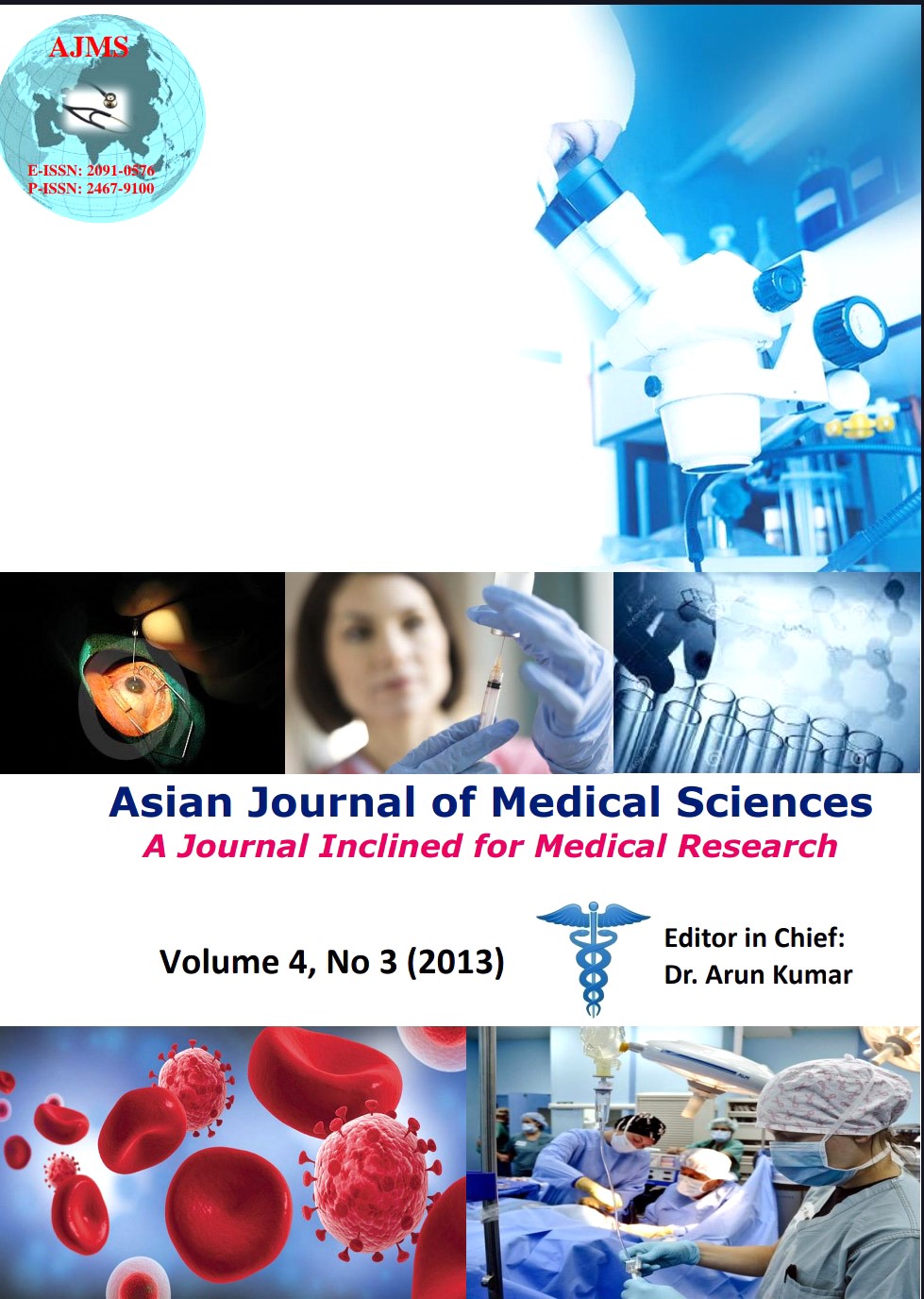In vitro effect of Allopurinol on sickling rate and uric acid level in sickle cell erythrocyte.
Keywords:
Allopurinol, uric acid, sickling rate, erythrocyte, in vitroAbstract
Objective: Allopurinol is a drug used for the prevention of gout. The in vitro effect of allopurinol on human plasma and erythrocyte of sickle cell haemoglobin(HbSS) were investigated on uric acid level and sickling rate respectively.
Methods: The determination was carried out on samples from 9-25years attending General Hospital Owerri. The plasma uric acid level and sickling rate were determined prior to and after incubation with 100mg standard dose of allopurinol.
Results: The plasma uric acid level was significantly decreased (p<0.05) when compared with the control while sickling rate was significantly increased when compared with the control (p <0.05).The results obtained demonstrated that allopurinol could hasten sickling rate and decrease uric acid level.
Conclusion: These observations suggest that allopurinol concentration in the circulation might induce marked increased in erythrocyte sickling in vivo and reduced the antioxidant ability of uric acid level in sickle cell disease. Consequently, slow recovery from a sickling crisis. This may be detrimental in the management of sickle cell disease
DOI: http://dx.doi.org/10.3126/ajms.v4i3.7992
Asian Journal of Medical Sciences 4(2013) 5-7
Downloads
Downloads
Published
How to Cite
Issue
Section
License
Authors who publish with this journal agree to the following terms:
- The journal holds copyright and publishes the work under a Creative Commons CC-BY-NC license that permits use, distribution and reprduction in any medium, provided the original work is properly cited and is not used for commercial purposes. The journal should be recognised as the original publisher of this work.
- Authors are able to enter into separate, additional contractual arrangements for the non-exclusive distribution of the journal's published version of the work (e.g., post it to an institutional repository or publish it in a book), with an acknowledgement of its initial publication in this journal.
- Authors are permitted and encouraged to post their work online (e.g., in institutional repositories or on their website) prior to and during the submission process, as it can lead to productive exchanges, as well as earlier and greater citation of published work (See The Effect of Open Access).




